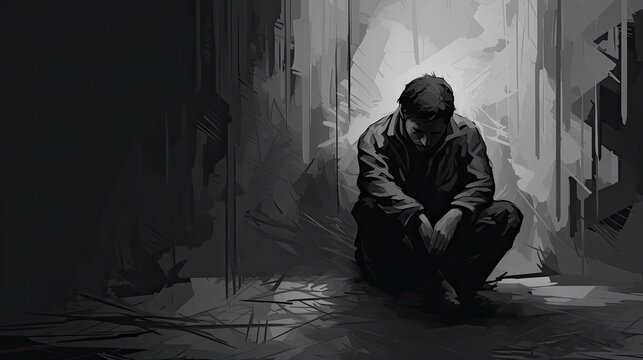
Clinical Depression
What is depression?
Depression is a serious mood disorder that affects your whole body, including your mood and thoughts. It touches every part of your life. It’s important to know that depression is not a personal weakness or character flaw. Treatment is often needed.
Once you’ve had an episode of depression, you are at risk of having more throughout life. If you don’t get treatment, depression can happen more often and be more serious.
What causes depression?
Researchers are studying the causes of depression. Several factors seem to play a role. It may be caused by chemical changes in the brain. It also tends to run in families. Depression can be triggered by life events or certain illnesses. It can also develop without a clear trigger.
What are the symptoms of depression?
While each person may experience symptoms differently, these are the most common symptoms of depression:
Lasting sad, anxious, or “empty” mood
Loss of interest in almost all activities
Appetite and weight changes
Changes in sleep patterns, such as inability to sleep or sleeping too much
Slowing of physical activity, speech, and thinking OR agitation, increased restlessness, and irritability
Decreased energy, feeling tired or “slowed down” almost every day
Ongoing feelings of worthlessness or feelings of undue guilt
Trouble concentrating or making decisions
Repeating thoughts of death or suicide, wishing to die, or attempting suicide ( Note: This needs emergency treatment.)
If you have 5 or more of these symptoms for at least 2 weeks, you may be diagnosed with depression. These symptoms would be a noticeable change from what’s “normal” for you.


